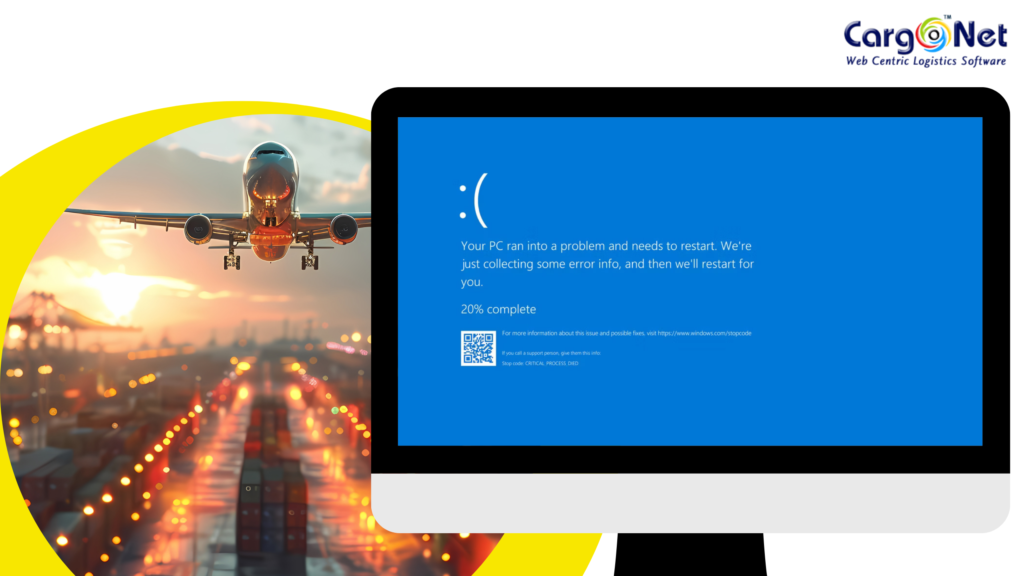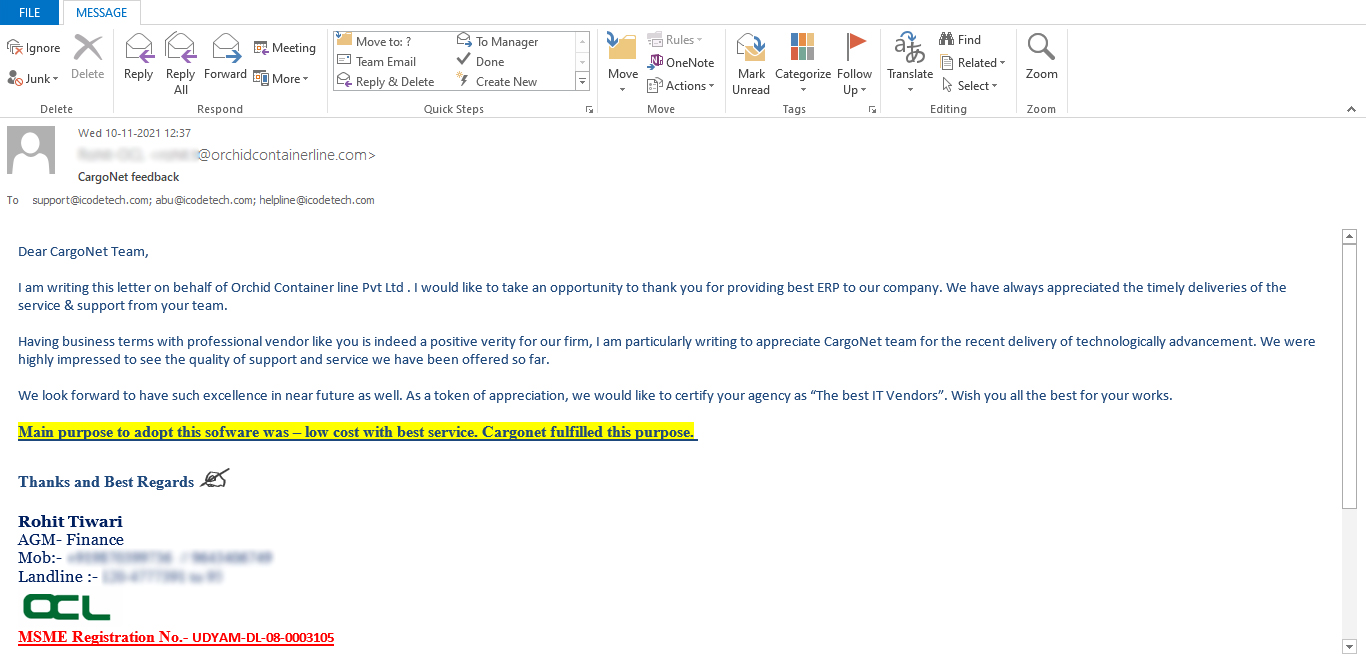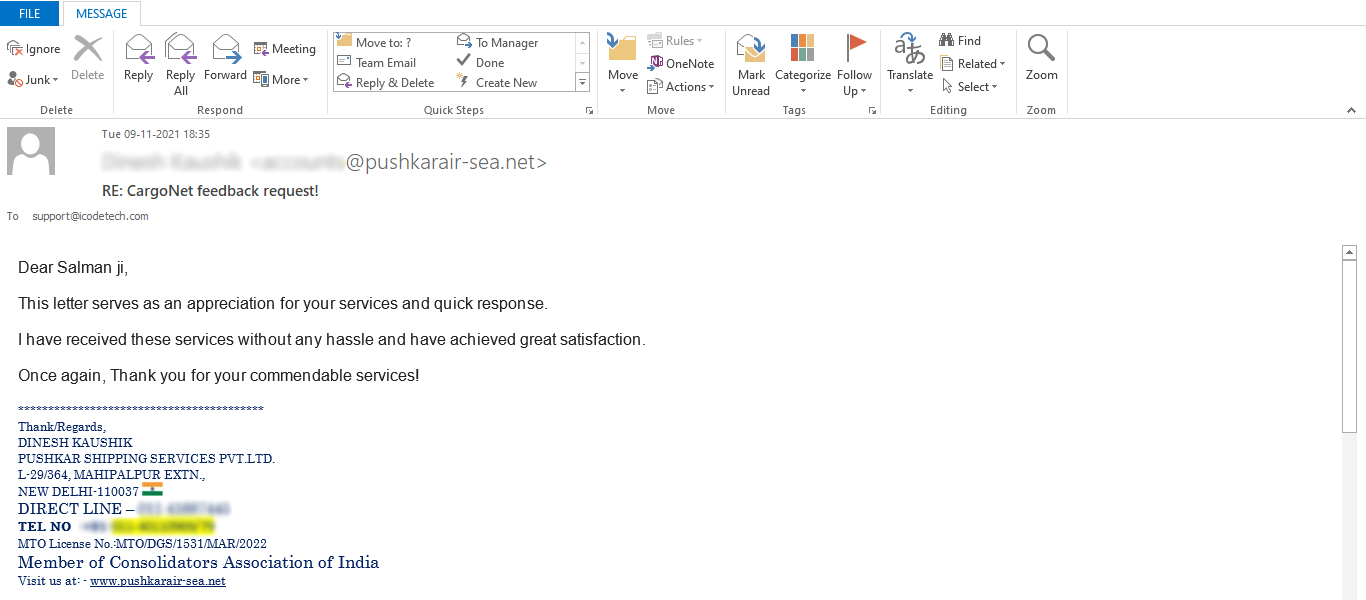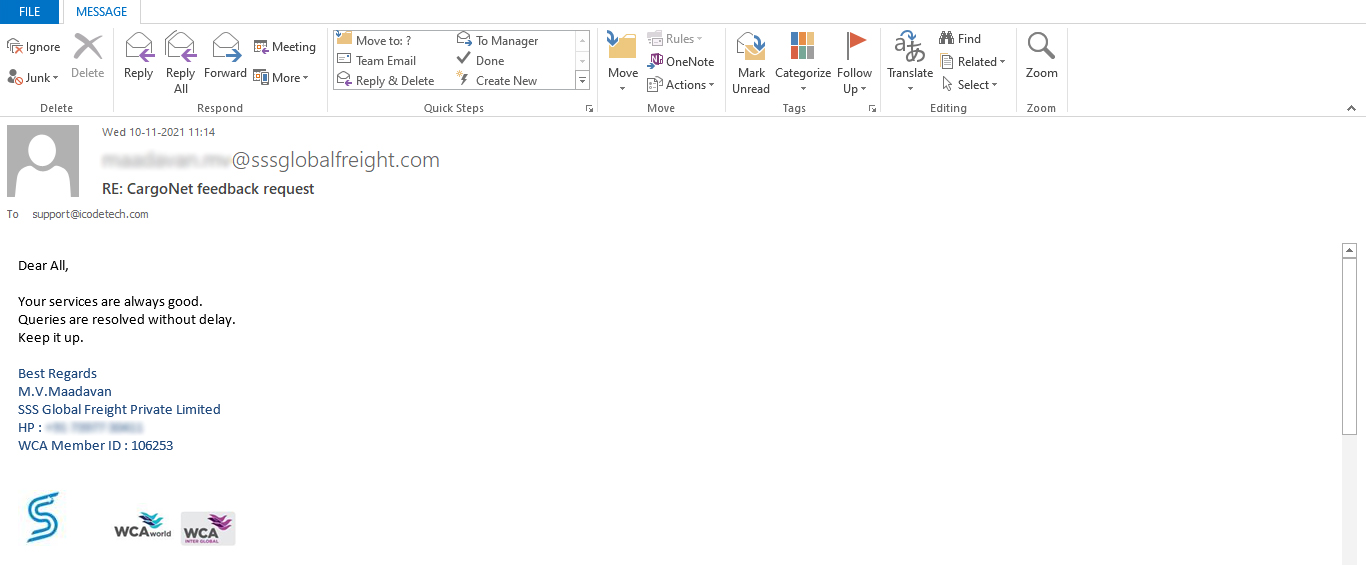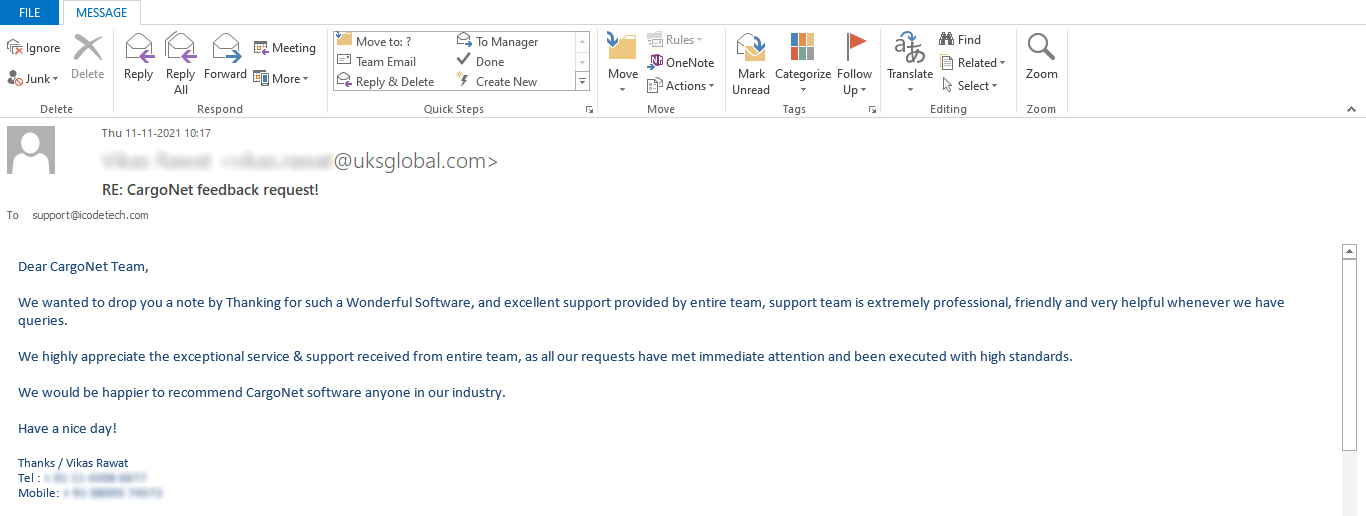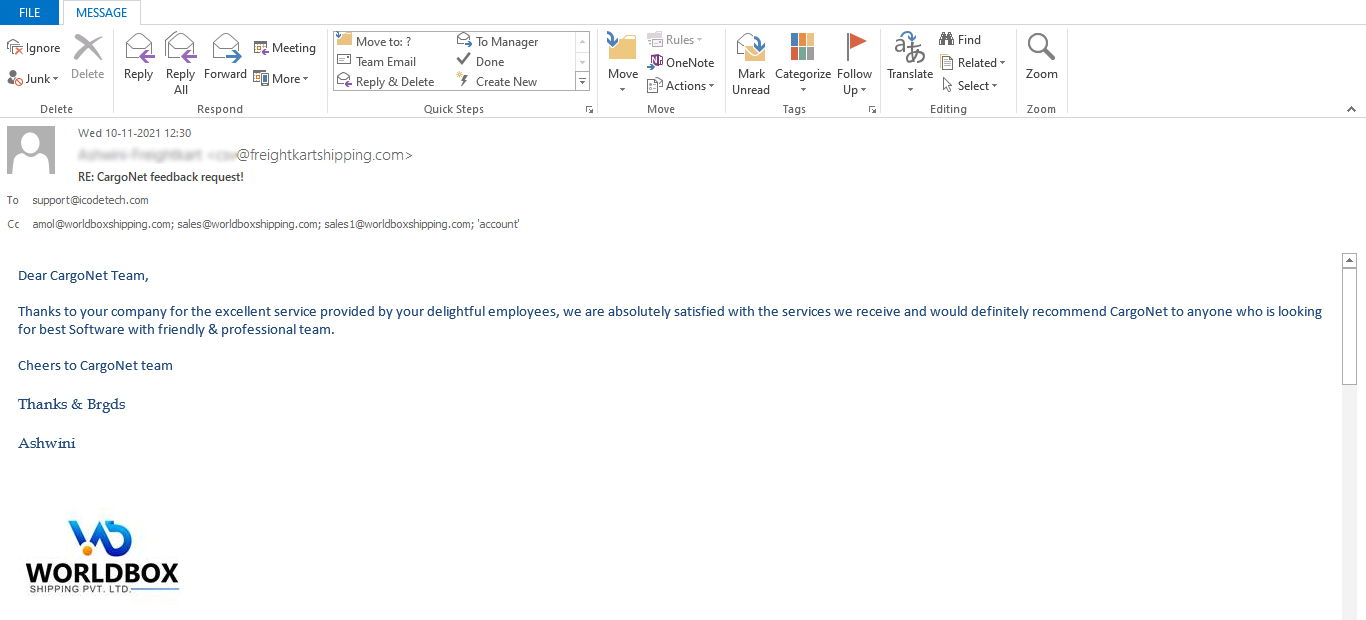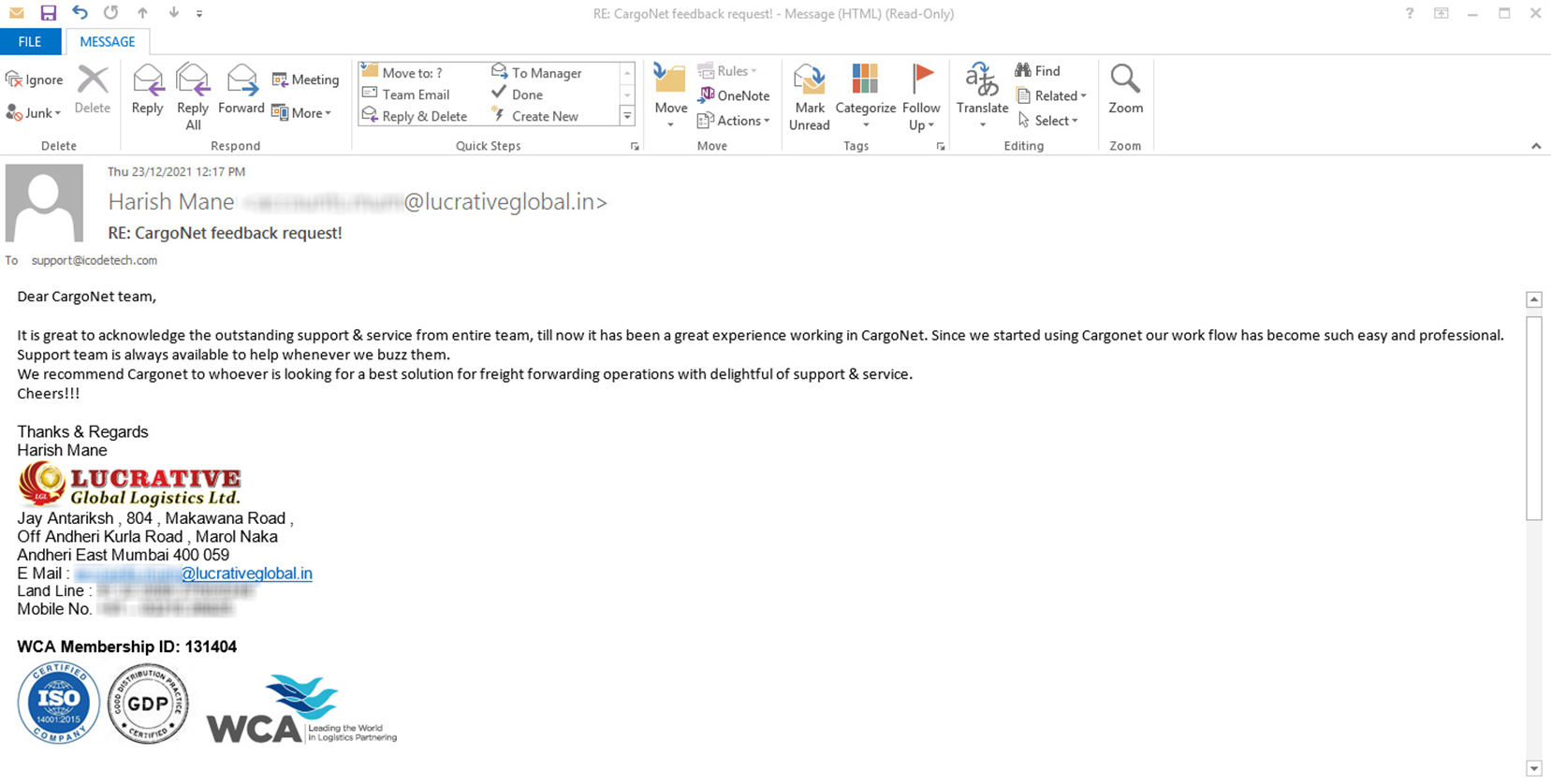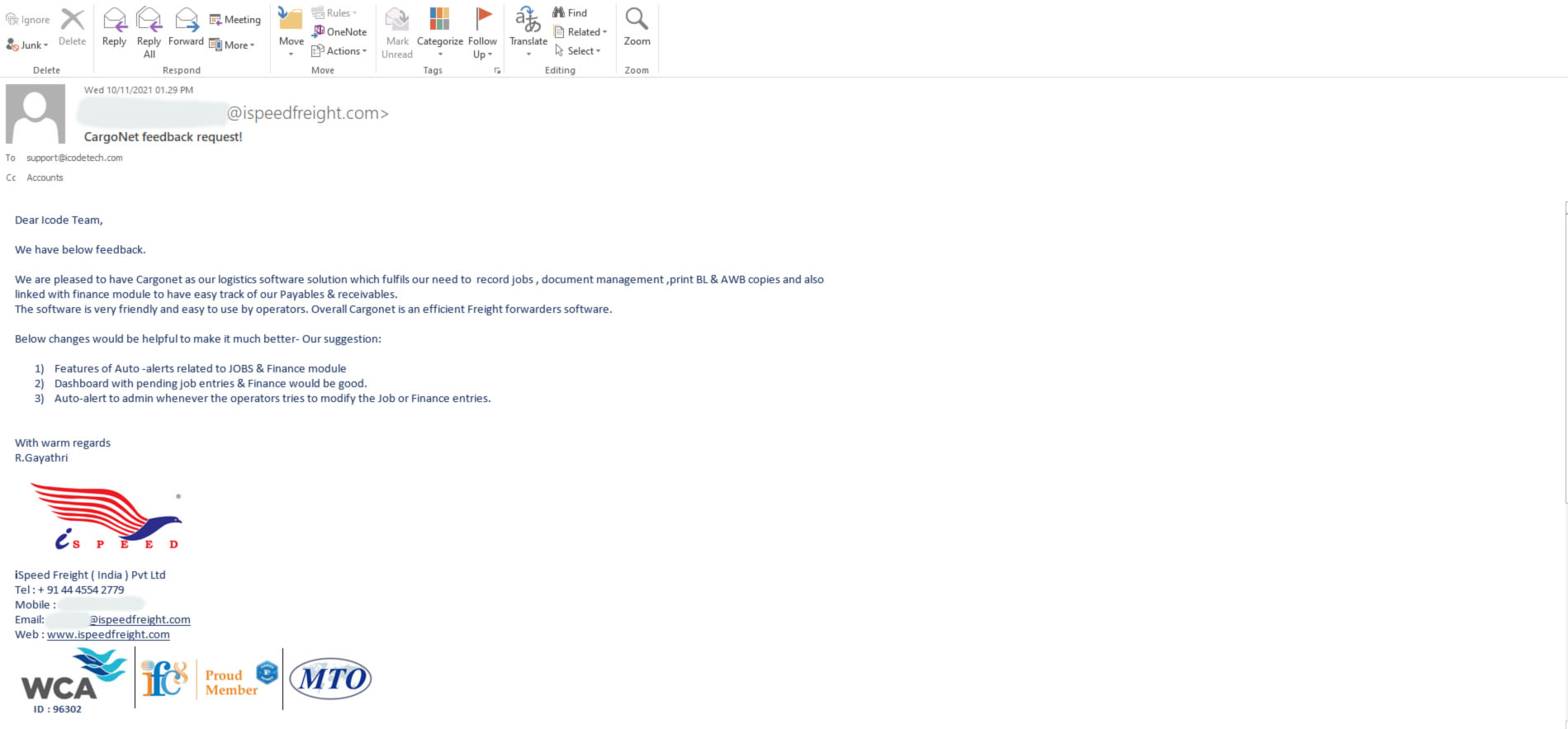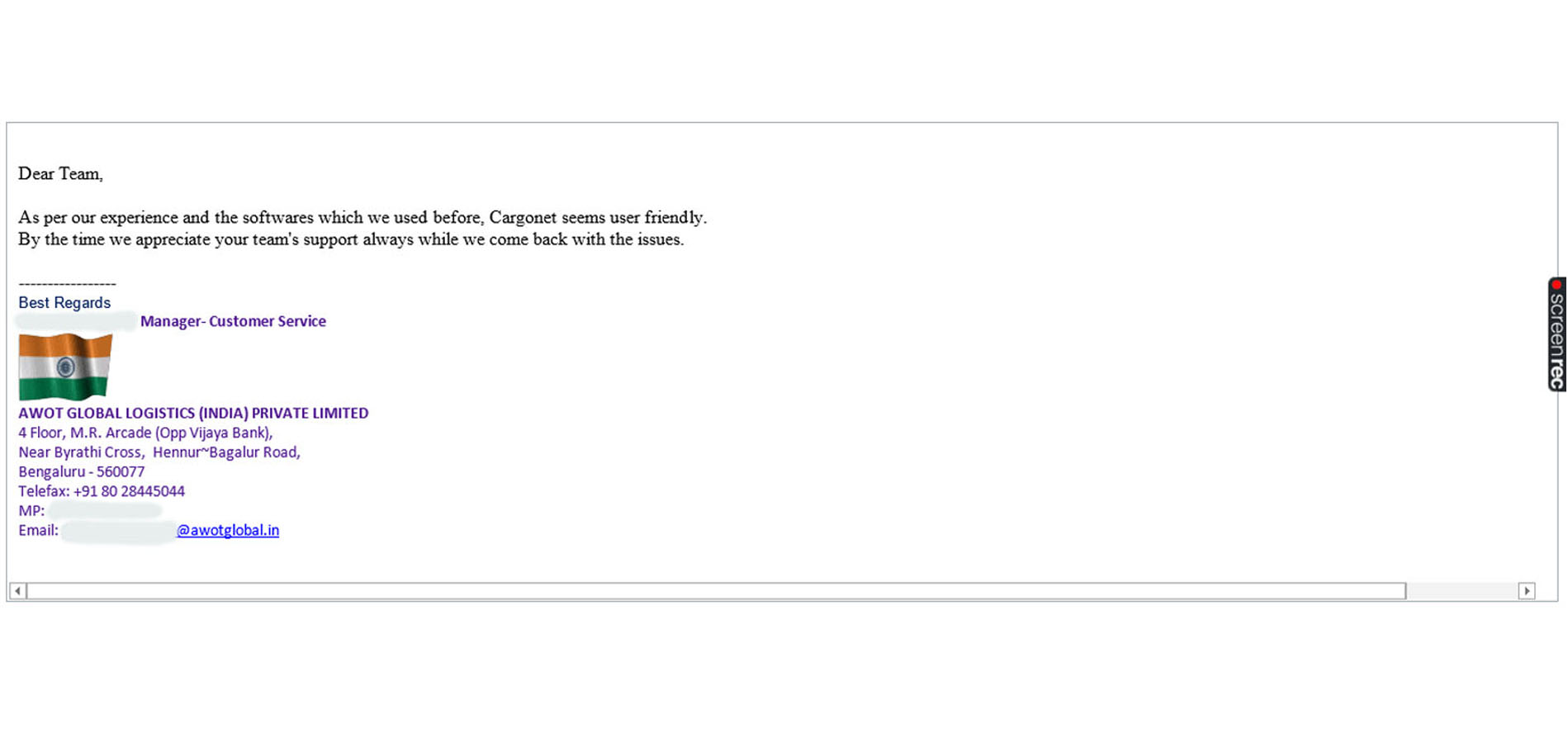A recent disruption in Microsoft cloud services has caused widespread impacts, particularly on aviation and cargo logistics. Linked to issues with CrowdStrike Falcon’s cybersecurity platform, the outage exposed critical vulnerabilities in digital systems supporting global transportation and logistics. The aviation sector has been notably affected, with numerous flight management systems rendered inoperative, leading to extensive cancellations and delays. This incident underscores the urgent need for resilience and preparedness in our technology-dependent world.
Overview of the Microsoft Service Interruption
On July 19, Microsoft experienced a major outage affecting several of its cloud-based services, including Azure, Teams, and Outlook. The issue was linked to a technical problem with CrowdStrike Falcon’s cybersecurity platform, which is integrated into Microsoft’s infrastructure. CrowdStrike, a global leader in cybersecurity, provides advanced antivirus and threat detection services for Microsoft’s Windows devices. The problem originated from a recent update released by CrowdStrike, which inadvertently impacted IT systems worldwide.
CrowdStrike quickly identified the issue and began working on a resolution. Microsoft CEO Satya Nadella stated, “Yesterday, CrowdStrike released an update that began impacting IT systems globally. We are aware of this issue and are working closely with CrowdStrike and across the industry to provide customers with technical guidance and support to safely bring their systems back online.”
CrowdStrike Falcon is known for its comprehensive security solutions, including endpoint protection, threat intelligence, and incident response services. The incident underscores the critical importance of robust cybersecurity measures in maintaining digital infrastructure resilience.
Aviation Sector: Operational Challenges
The impact of the outage on the aviation industry was both immediate and severe. Systems critical for flight management, reliant on Microsoft’s cloud services, were disrupted, leading to over 1,000 flight cancellations and numerous delays globally. Key challenges included:
- Disrupted Flight Planning Systems: Essential systems for scheduling and managing flights were compromised.
- Compromised Air Traffic Control Communications: Communication channels vital for air traffic coordination were affected, impacting flight safety and management.
- Crew Resource Management Complications: Airlines faced significant issues in managing crew schedules and assignments, exacerbating delays.
Major carriers such as Etihad, Qatar Airways, and Lufthansa issued alerts on their websites about potential service degradation in their booking systems, adding to passenger frustrations.
Cargo and Logistics: Supply Chain Disruptions
The cargo and logistics sector experienced significant disruptions due to the outage. Kuehne + Nagel, a major logistics provider, stated that they are closely monitoring the situation affecting airlines and airports globally. They reassured their customers that their own IT systems are functioning normally and that they are assessing any potential impacts on air cargo, while keeping their clients informed.
Key disruptions in the cargo sector included:
- Interruptions to Cargo Tracking and Management Platforms: The outage hindered the ability to effectively track and manage shipments.
- Customs Clearance Impediments: Inaccessibility of documentation led to delays in customs processing.
- Warehouse Operations Affected by System Downtime: System failures disrupted warehouse management, affecting the timely dispatch of goods.
Economic Implications
While the full economic impact of the outage is still being assessed, preliminary reports suggest substantial financial repercussions for airlines and cargo operators. The affected companies experienced notable fluctuations in their stock prices, reflecting the broader economic consequences of the disruption. The incident underscores the vulnerabilities inherent in industries that heavily depend on digital infrastructure.
Technological Dependencies in Modern Transportation
The Microsoft outage has highlighted the critical reliance of modern transportation on cloud-based services. Industry experts are now calling for a reassessment of risk management strategies related to centralized IT infrastructure. The need for enhanced technological resilience has become a key focus.
Cybersecurity Concerns
The situation was further complicated by warnings from the US Cybersecurity and Infrastructure Security Agency (CISA) about potential exploitation attempts by hackers during the outage. This emphasizes the need for robust cybersecurity measures to safeguard against vulnerabilities in critical infrastructure.
Industry Response and Future Preparedness
In response to the outage, the aviation and cargo logistics industries are re-evaluating their technological dependencies and risk management strategies. Key areas of focus for improving resilience include:
Diversified Tech Infrastructure
- Solution: Implement a multi-cloud strategy.
- Actions:
- Utilize services from multiple cloud providers (e.g., AWS, Google Cloud, in addition to Azure).
- Develop applications with cloud-agnostic architectures to facilitate easy migration between providers.
- Regularly test failover procedures to ensure smooth transitions during outages.
- Implementation:
- Conduct a comprehensive audit of current cloud dependencies.
- Develop a phased approach to integrating alternative cloud providers.
- Allocate resources for staff training on multiple cloud platforms.
- Actions:
Robust Offline Contingency Plans
- Solution: Develop and maintain offline backup systems.
- Actions:
- Create local, on-premises backup systems for critical operations.
- Implement regular drills to ensure staff can operate effectively without cloud-based tools.
- Maintain up-to-date physical copies of essential documents and procedures.
- Implementation:
- Identify critical operations that must continue during a cloud outage.
- Invest in on-premises hardware and software to support these operations.
- Schedule quarterly drills to test offline procedures.
- Actions:
Reducing Single-Provider Dependency
- Solution: Adopt a hybrid infrastructure model.
- Actions:
- Balance cloud-based services with on-premises solutions.
- Develop in-house capabilities for critical systems.
- Cultivate relationships with multiple technology partners.
- Implementation:
- Assess which operations are suitable for in-house management versus cloud-based solutions.
- Invest in building internal IT capabilities and expertise.
- Establish partnerships with diverse technology providers to distribute risk.
- Actions:
Enhanced Communication Protocols
- Solution: Develop robust, multi-channel communication strategies.
- Actions:
- Implement redundant communication systems (e.g., satellite phones, radio systems).
- Establish clear protocols for internal and external communication during outages.
- Develop pre-approved messaging templates for various outage scenarios.
- Implementation:
- Invest in diverse communication technologies.
- Conduct regular communication drills across all channels.
- Create a crisis communication team with defined roles and responsibilities.
- Actions:
Regulatory Compliance and Industry Standards
- Solution: Advocate for and adhere to stricter resilience standards.
- Actions:
- Engage with regulatory bodies to develop comprehensive resilience guidelines.
- Participate in industry-wide initiatives to share best practices.
- Regularly audit and certify compliance with these standards.
- Implementation:
- Assign dedicated teams to monitor and contribute to regulatory discussions.
- Conduct annual third-party audits of resilience measures.
- Share anonymized incident reports within the industry to foster collective learning.
- Actions:
By addressing these areas, the aviation and cargo logistics industries can significantly enhance their resilience against future technological disruptions. This proactive approach will not only mitigate operational risks but also build customer trust and ensure the integrity of global supply chains.
Conclusion and Outlook
The Microsoft outage has exposed critical vulnerabilities within the aviation and cargo logistics sectors, underscoring the need for a balanced approach to leveraging digital technology. As these industries increasingly integrate advanced technologies, ensuring operational resilience against disruptions will be crucial. Future investments will likely focus on strengthening technological redundancy and enhancing crisis management strategies to better prepare for similar challenges.
Source : stattimes.com

